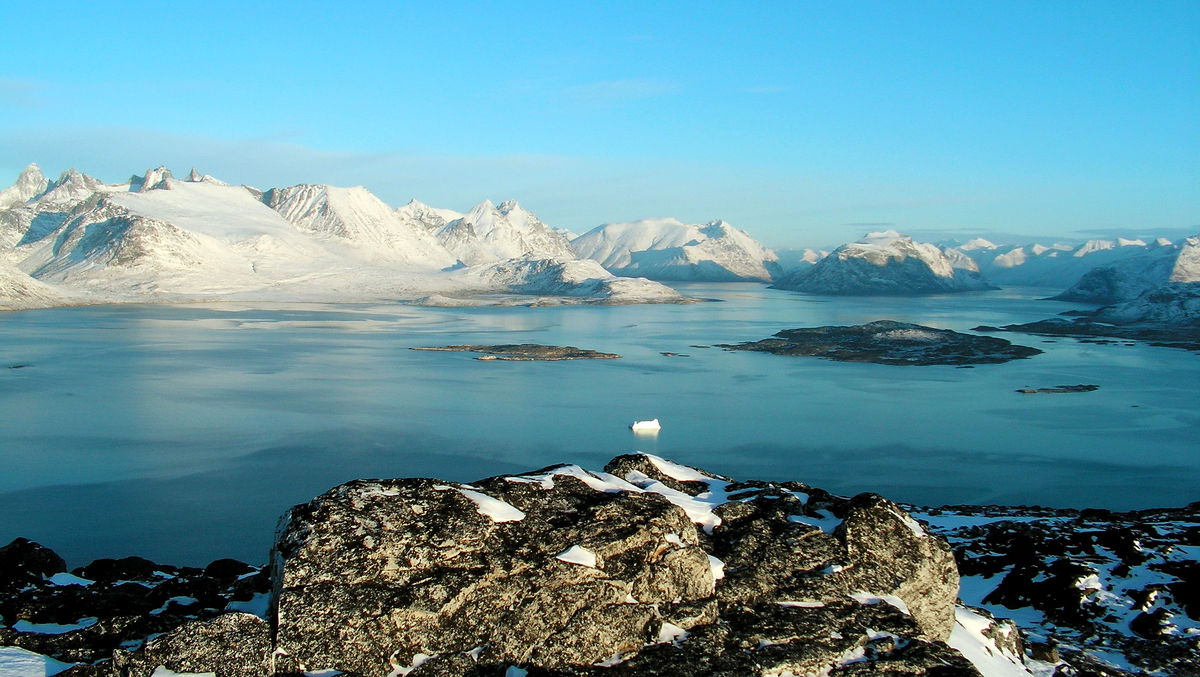Greenland, an autonomous region that is part of the Kingdom of Denmark, goes to the polls on March 11.
Donald Trump’s ambitions of buying or annexing the country are likely to have scant bearing on the outcome, but there is no escaping the fact that there is increasing support for breaking away from Denmark.
Greenland’s population of 57,000 have Danish nationality although this does not mean that all the Innuit community – the original Greenlanders who arrived from Canada in the ninth century – believe they are treated as first-class citizens. Many would choose independence.
Most Read on Euro Weekly News
Resentment came to a head recently with Greenland’s White Gold, a documentary aired by Denmark’s national broadcaster DR, that focused on cryolite, a mineral which looks like a block of ice and is vital for producing aluminium.
Cryolite was mined in Ivittuut on Greenland’s west coast from 1854 until 1987 when reserves ran out. According to the documentary, the mineral earned 400 billion kroner (€54 billion) for the Kryolitselskabet Oresund company and the Danish government.
Greenland claims cryolite contributed to Denmark’s wealth
The Pennsylvania Salt Manufacturing Company which bought unprocessed cryolite and sold it to other companies amassed a similar amount, Greenland’s White Gold maintained.
The programme made uncomfortable viewing in Greenland and Denmark for different reasons.
“The Danish often claim that Greenland is just an expense, when we have contributed a great deal to their well-being and prosperity,” Greenland’s prime minister, Mute Bourup Egede said.
Egede was referring to the 4.1 billion kroner (€5.5 billion) that Greenland receives annually from the Danish government. This accounts for approximately half of its Budget and is frequently quoted as proof that independence is not a viable option.
Documentary ‘did not distinguish between revenue and profit’
Back in Copenhagen, economists queried the figures quoted in Greenland’s White Gold.
These did not allow for the overheads incurred in extracting and transporting the cryolite, or bear in mind the indirect benefits for Greenland, they said, and the Danish government’s profits were “a fraction” of the €400 billion quoted in the documentary.
Culture minister Jakob Engel-Schmidt pointed out that the programme’s makers had failed to make clear “the difference between revenue and profit.”
“It’s misleading, irresponsible and comes at the worst moment,” Engel-Schmidt said on Facebook.
Nor did Greenland’s White Gold come at a good time for Thomas Falbe, editor-in-chief at DR News, which initially defended airing the documentary but later withdrew it after the inaccuracies came to light.
Falbe has now resigned or was fired, depending on the source consulted.
“It is clear that you do not end a cooperation if there is no good reason for it,” DR said, declining to comment further.
